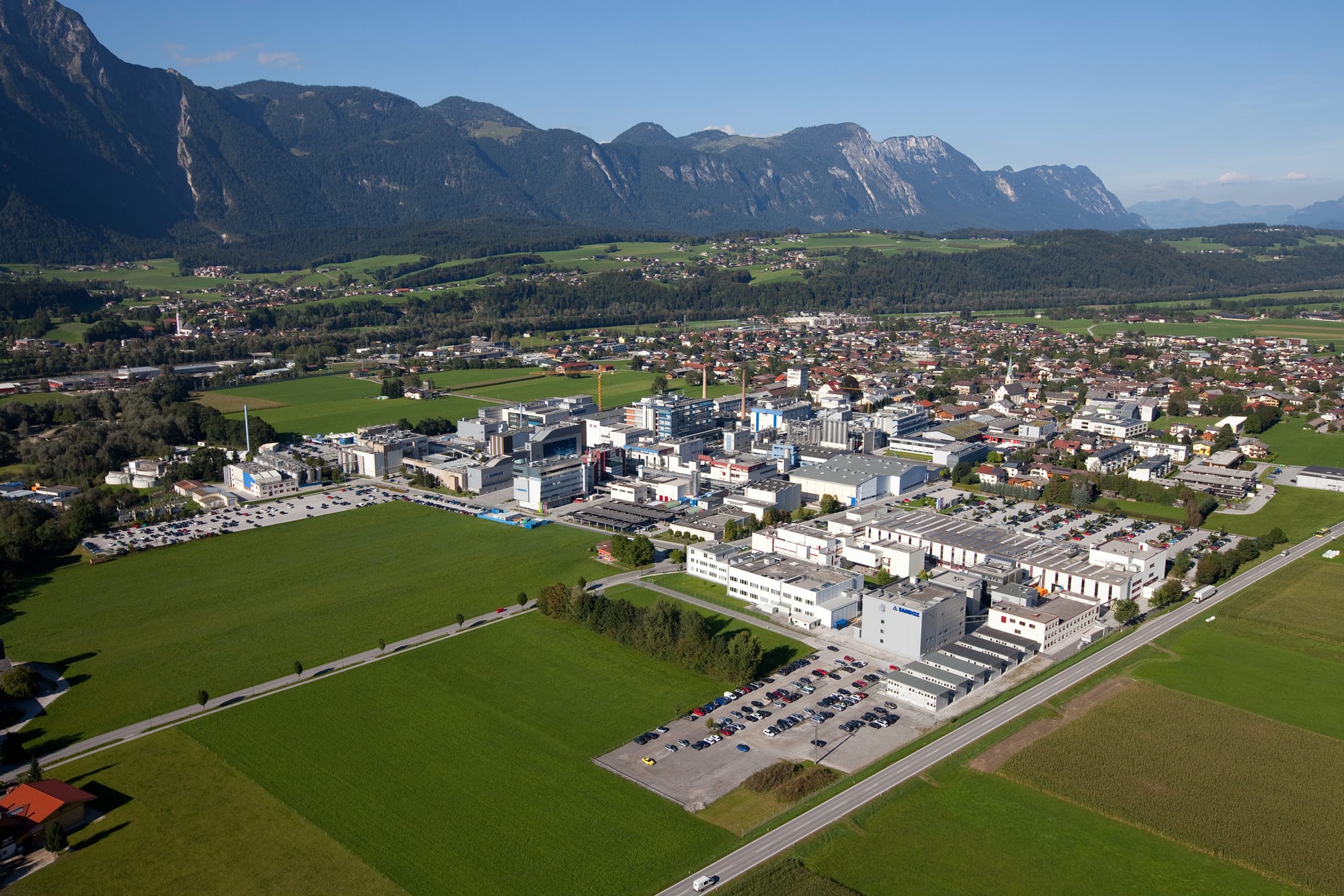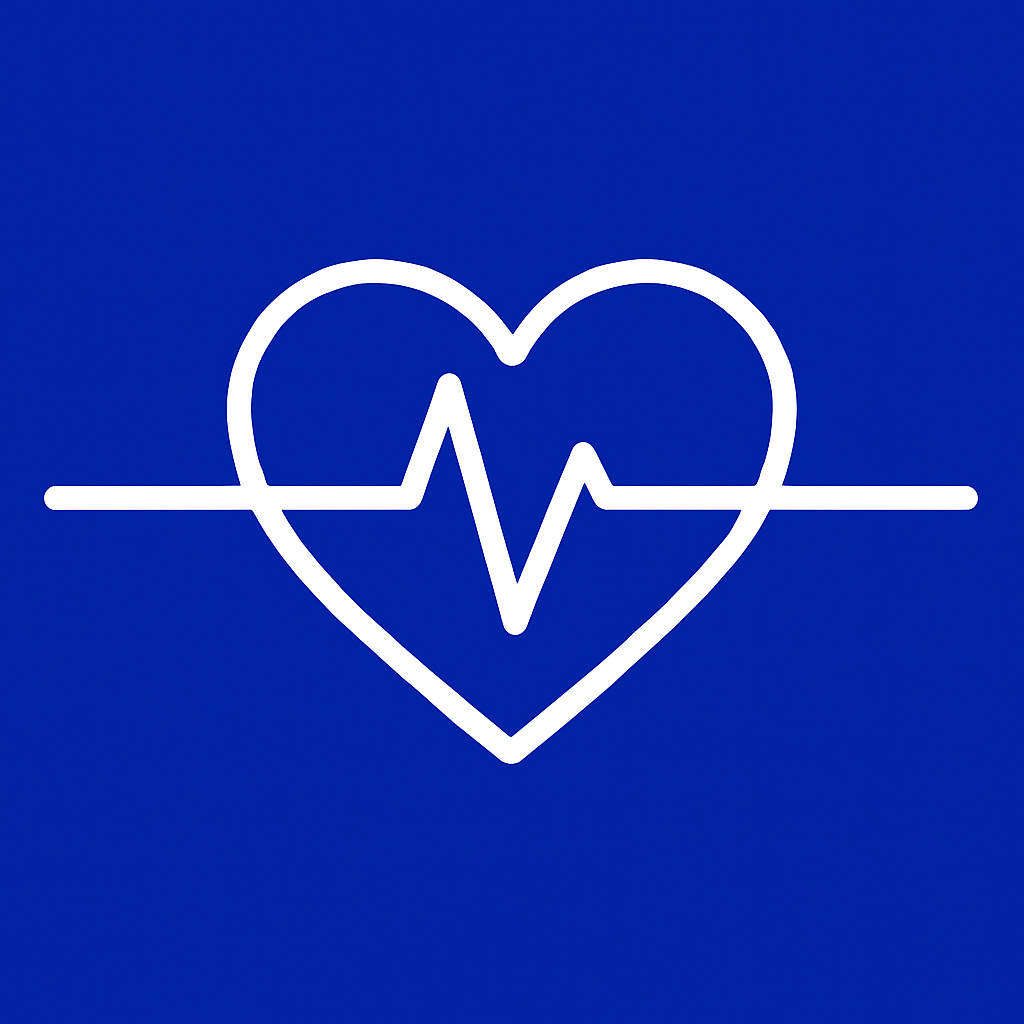Urgent action needed to stem critical medicine shortages
Medicines for Europe says study highlights the need for reforms to secure patient access to medicines

Medicines for Europe says that a recent study by New Angle highlights the need for reforms to national pricing and procurement systems to secure patient access to medicines.
The study, ‘Securing access, improving lives. Strengthening patients’ access to off-patent medicines in Europe’ exposes the economic pressures driving medicine shortages across the continent and warns that the current pricing and procurement system is pushing essential treatments to the brink.
Prices fall while costs soar
The lead researcher, Margarida Bajanca, said that despite production costs rising by 31.6% (labour costs rose 25.7%, gas prices surged 88%, and electricity costs climbed 62%), off-patent antibiotic prices decreased by 10.4%, pushed down by national healthcare systems, leading to fewer suppliers and shortages of key antibiotics like amoxicillin and azithromycin.
Speaking at a discussion on the Critical Medicine Act (CMA), at the Politico Healthcare Summit, Adrian van den Hoven, Director General of Medicines for Europe, which represents the generic and biosimilar sector, said that in 85% of EU countries, reimbursement for generic medicines is not allowed to increase. Despite shortages of generic oncology and antibiotic medicines, prices continued to decline, prompting companies to withdraw their marketing authorizations.
Van den Hoven said that the Critical Medicines Act was an attempt to restore some logic to markets that are being driven into a shortage situation. He said the cost of addressing the problem for generics is “peanuts”, and the slight increase in cost was “affordable”.
In the 16 European countries included in the study, 240 antibiotics were withdrawn and 385 shortages were reported in summer 2025 alone. According to the researchers, manufacturers are struggling to stay afloat, and without intervention, the availability of essential medicines will continue to erode.
The study calls for sweeping changes to Europe’s medicine pricing and procurement systems. It urges policymakers to index prices to inflation and actual production costs, establish minimum prices that prevent unsustainable undercutting, and adopt dynamic tiered pricing that reflects market competition. It also calls for procurement reforms that reward reliability and quality, rather than the lowest bid, including multi-winner tenders and stronger non-price criteria such as supply security and environmental standards.
Patients at risk
Yannis Natsis, Director of the European Social Insurance Platform, which represents insurers, said that it was essential to get the cost right, saying it wasn’t just a question of whether medicines were affordable, but whether we can afford the huge cost of shortages to healthcare systems and patients.
Lead researcher Margarida Bajanca warns that Europe is heading toward a dangerous tipping point: “Without reform, patients across Europe risk losing access to these treatments.”
The CMA is trying to address the issue, Rainer Becker, Director for medical products and innovation in DG SANTE said that we cannot just have the lowest price. He said that the production didn’t have to be 100% in Europe, but there could be a requirement that 30 or 40% of a critical medicine needed to be produced in Europe.
The Parliament’s rapporteur MEP Tomislav Sokol (EPP, Croatia), said that the Parliament would insist on stronger criteria that were more precise, “it is essential to our strategic autonomy”.
Viatris, which funded the study, and Medicines for Europe are calling on policymakers, healthcare systems, and industry partners to use this evidence as a catalyst for reform and to build a future where essential antibiotics remain reliably within reach.
